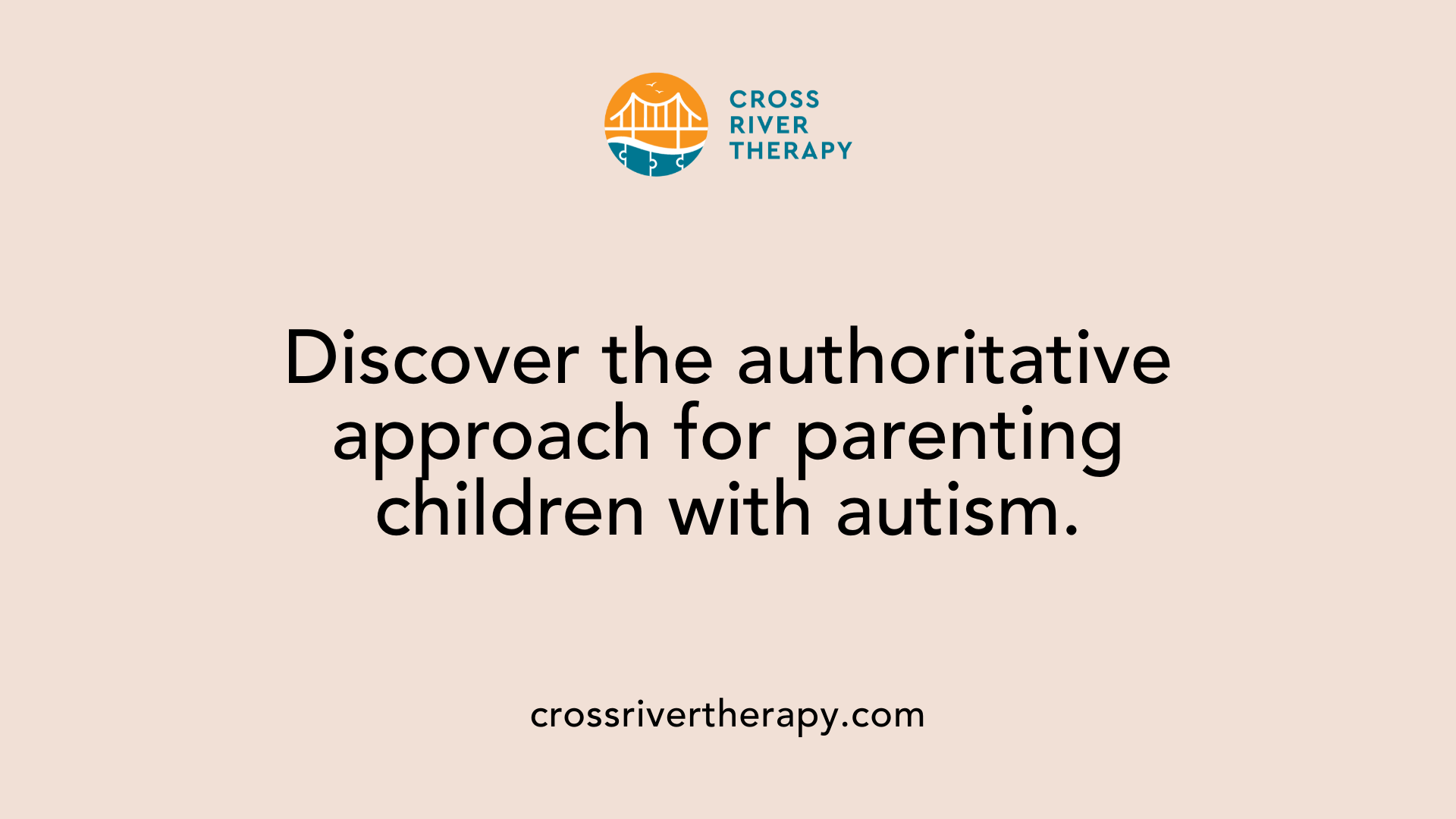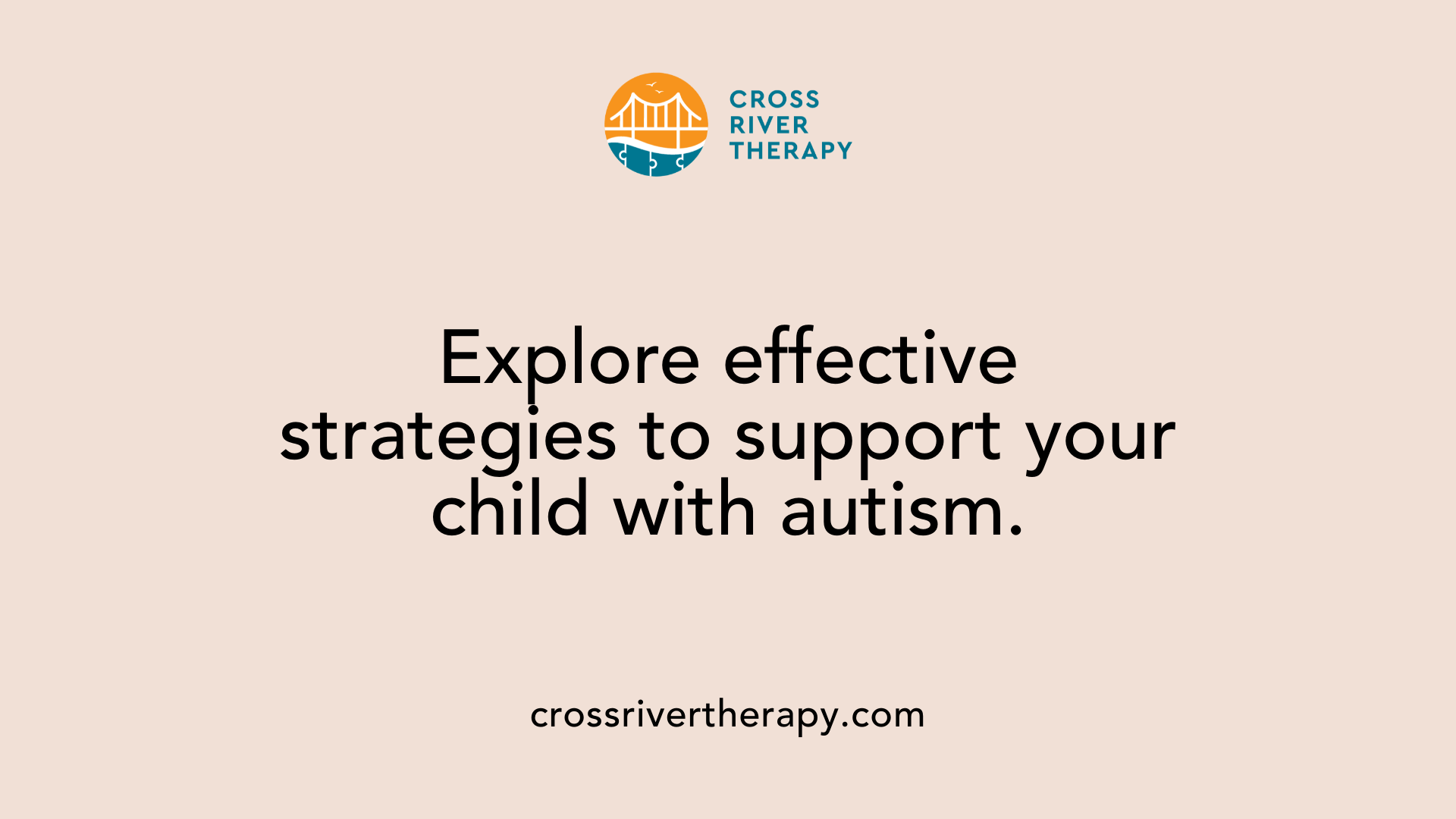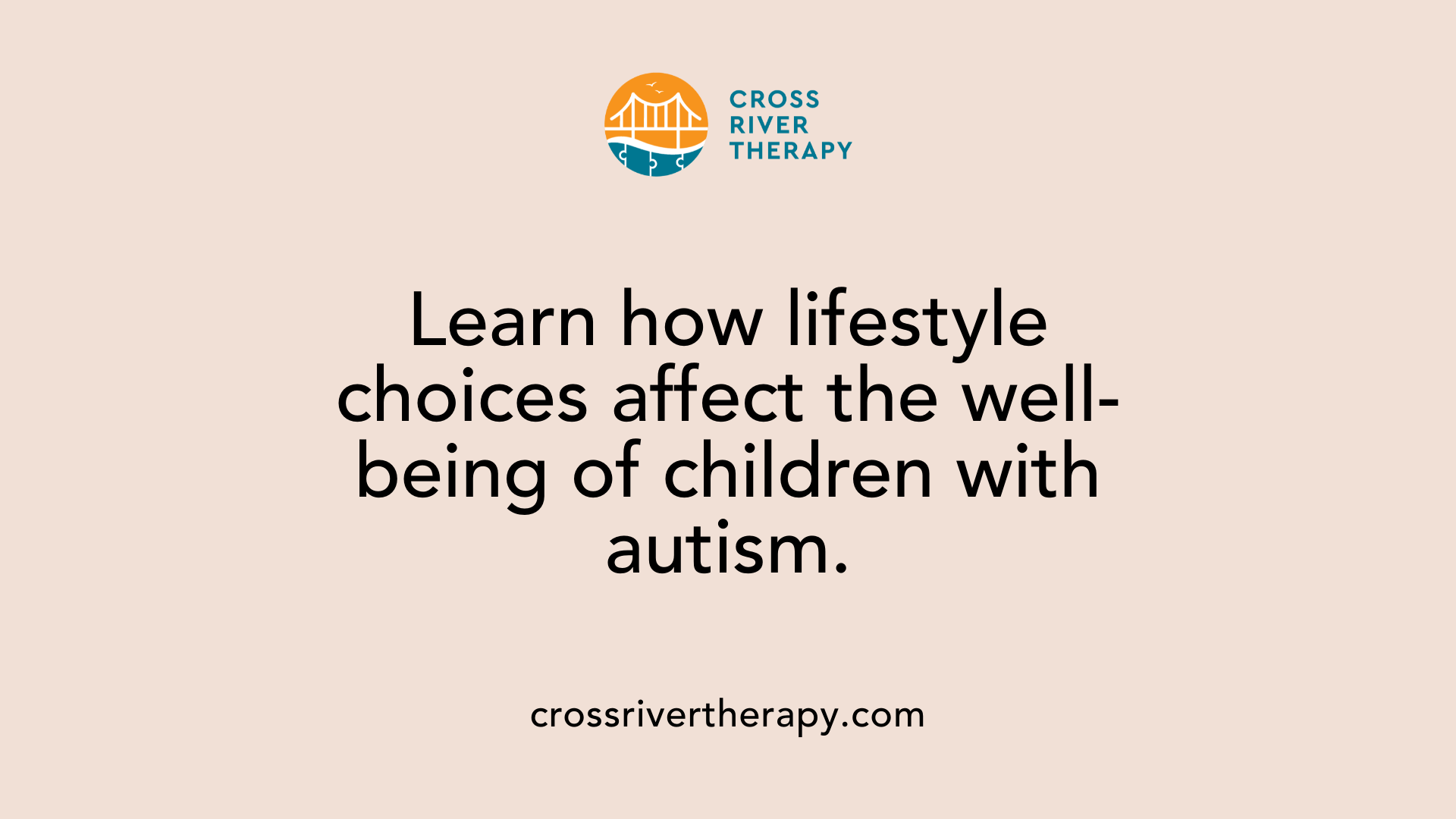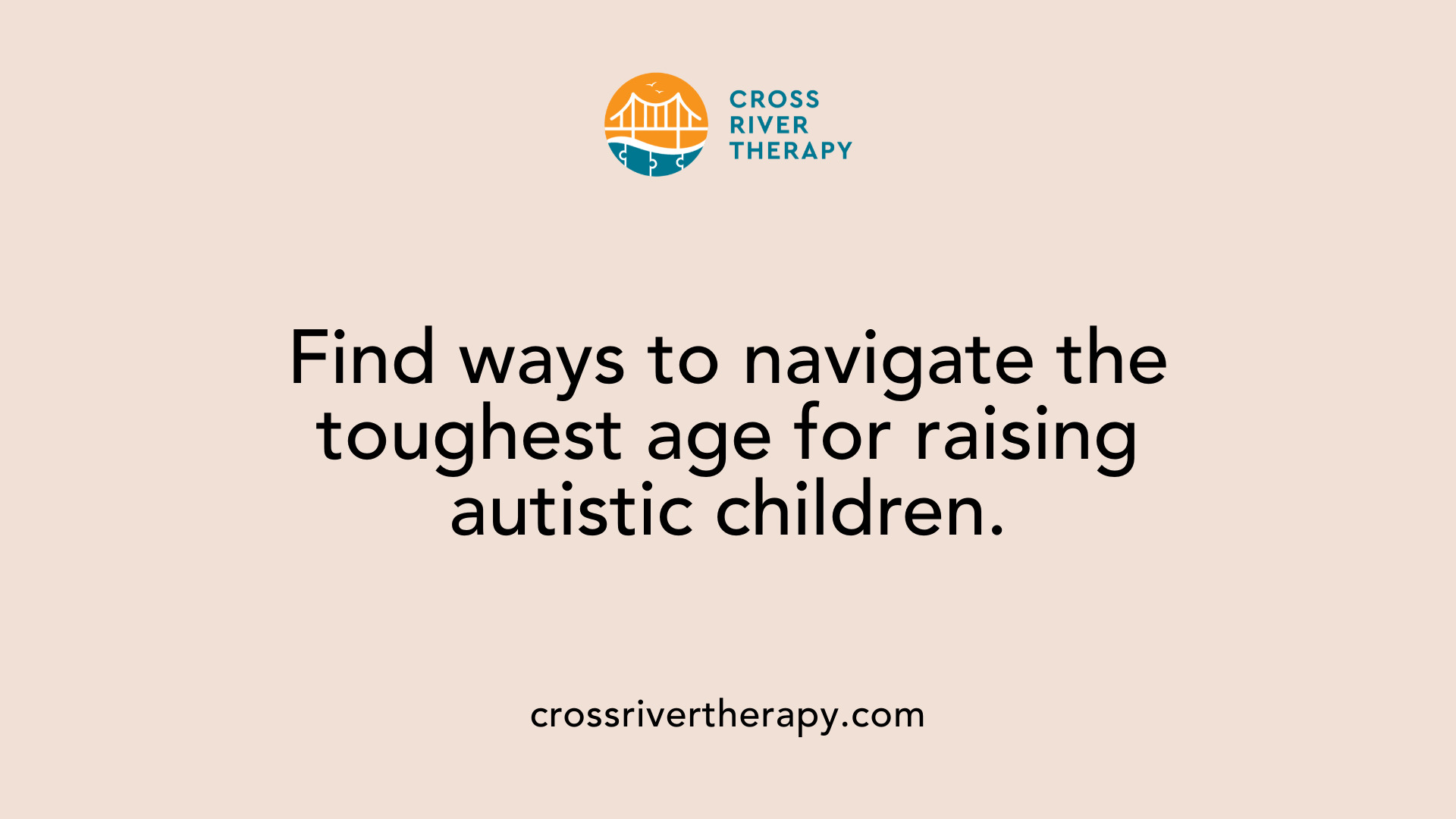Introduction to Positive Parenting for Autism
Parenting a child with autism presents unique challenges and opportunities. Positive parenting focuses on understanding and nurturing the child's potential by emphasizing strengths, positive reinforcement, and structured communication. This approach not only benefits the child's development but also enhances family dynamics and emotional support.
Understanding the Best Parenting Style

What is the best parenting style for a child with autism?
The most effective parenting style for children with autism is often the authoritative approach. This method balances nurturing and warmth with clear rules and consistent expectations. Authoritative parents provide the stability and predictability that children with autism thrive on, allowing them to feel secure and understood.
Incorporating nurturing environments is vital. This involves creating spaces where children feel safe to express themselves without fear of punishment. Children with autism benefit greatly when parents focus on positive reinforcement, highlighting strengths and achievements while also providing constructive feedback.
Consistency in parenting serves as a cornerstone for success. Maintaining a structured routine not only helps children learn new skills but also alleviates anxiety by giving them a sense of order in their daily lives. It's essential for both parents to collaborate and ensure that their approaches are aligned, especially when navigating challenges like family separations. Supporting each other helps maintain a nurturing atmosphere, which can significantly reduce emotional distress for children in such situations.
In summary, adopting an authoritative parenting style, nurturing the child's strengths, and ensuring consistency can create the best possible environment for children with autism, fostering their growth and emotional well-being.
Supporting Children with Autism

How can parents effectively support a child with autism?
Supporting a child with autism can be most effective when parents focus on positive reinforcement. Praising children for their achievements and desired behaviors fosters a sense of accomplishment and encourages them to repeat these behaviors. Keeping communication clear and straightforward is essential; avoid using idioms or phrases that may confuse. Children on the spectrum might interpret language literally and have difficulty with nonverbal communication, so being direct helps them understand better.
Building patience into the parenting approach is crucial. Allow time for your child to process questions or tasks; pauses in conversation can make a significant difference. Moreover, breaking tasks down into smaller, more manageable steps can prevent overwhelming them, facilitating learning and skill development.
Engaging children in physical activities can also support focus, particularly for those with shorter attention spans. It provides an outlet for energy and an opportunity to connect. Respect for their social preferences is equally important; avoid pressuring them into social interactions, allowing them to engage at their own pace. This creates a nurturing environment where they can thrive.
Additional Support Strategies for Families
| Strategy |
Description |
Benefits |
| Positive Reinforcement |
Rewarding good behavior boosts self-esteem and success. |
Encourages repetition of desired behaviors. |
| Clear Communication |
Use straightforward language and avoid idioms. |
Enhances understanding and reduces confusion. |
| Break Tasks into Steps |
Simplifying tasks into smaller steps prevents overwhelm. |
Aids comprehension and skill acquisition. |
| Encourage Physical Activity |
Engages attention and aids focus. |
Helps manage energy levels and promotes learning. |
| Respect Social Preferences |
Avoid pressuring interactions, allow for comfort. |
Supports emotional well-being and readiness. |
These approaches aim to build a supportive and effective parenting style that benefits children with autism in their development and daily life.
Influence of Lifestyle Choices

How can lifestyle choices impact children with autism?
Lifestyle choices play a pivotal role in promoting health and well-being for children with autism. Nutrition, physical activity, and structured routines can significantly impact their development and behavioral outcomes.
Nutrition: A Fundamental Element
A well-balanced diet is crucial for managing symptoms associated with autism. Key components should include:
- Fruits and Vegetables: Provide essential vitamins and minerals.
- Lean Proteins: Important for growth and brain function.
- Whole Grains: Help maintain steady energy levels.
This dietary focus helps prevent health issues such as obesity and nutritional deficiencies, which can exacerbate existing conditions.
The Role of Physical Activity
Regular physical activity is essential. It helps mitigate behaviors like hyperactivity and aggression, while also enhancing social skills. Engaging in sports or outdoor play can serve as a natural outlet, fostering social interactions with peers.
Importance of Structured Routines
Structured daily routines are highly beneficial. They provide:
- Predictability: This aids in reducing anxiety, allowing children to function better in various environments.
- Independence: Familiar routines enable children to learn new skills more effectively, fostering self-sufficiency and confidence.
Incorporating mindfulness and relaxation techniques within these routines can also assist in managing sensory sensitivities, making day-to-day life smoother.
Overall, thoughtful lifestyle choices have a transformative impact on children with autism, promoting healthier behaviors and improved quality of life.
Navigating Challenging Ages

What is the hardest age when raising an autistic child?
The hardest age when raising an autistic child is often between 6 to 12 years, a period characterized by numerous challenges. This age range coincides with entry into elementary school, where children are faced with increasing academic demands. As they move through school, there is a shift towards learning more complex concepts, and structured lessons can overwhelm some children on the spectrum.
Navigating Peer Pressures and Social Skills
Simultaneously, the social landscape becomes more complex. Peer relationships blossom, introducing challenges as children with autism may struggle to navigate social cues. The pressure to fit in and establish friendships can lead to heightened anxiety and behavioral issues, making this age particularly difficult. To counteract these pressures, positive reinforcement strategies—like celebrating small successes in social interactions—are essential.
Advocating Within School Systems
Parents often find themselves becoming advocates for their children's needs, working within school systems to ensure appropriate support and understanding. This advocacy is crucial as schools may vary in their accommodations for children with autism. Open communication with educators and collaboration can build better learning environments, helping children adapt to expectations while fostering skills that support their educational journey.
In summary, while the elementary years come with unique hardships, they also present opportunities for growth and resilience within families as they navigate these challenges together.
Techniques and Strategies for Positive Parenting

Positive Reinforcement
Positive reinforcement is a fundamental strategy in the realm of positive parenting. It involves recognizing and rewarding desired behaviors rather than focusing on negative actions. This method not only encourages children with autism to continue exhibiting these behaviors but also boosts their self-esteem. For example, a simple praise for completing a task can significantly enhance a child’s confidence and engagement
Avoiding Punishment
In contrast to traditional discipline that often equates to punishment, positive parenting emphasizes nurturing environments. Punishment can lead to increased anxiety and behavioral issues, especially in children with autism. Parents are encouraged to avoid negative comparisons and unclear communication, thereby fostering a safe space for learning and emotional growth.
Structured Environments
Establishing structured routines is crucial for children with autism. Predictable schedules can minimize anxiety and enhance focus, making it easier for them to learn new skills. An authoritative parenting style, which balances warmth and consistent guidance, is especially effective. Consistent daily activities create stability, allowing children to thrive.
| Strategy |
Benefits |
Implementation Tips |
| Positive Reinforcement |
Boosts confidence and encourages good behaviors |
Praise specific actions immediately after they occur |
| Avoiding Punishment |
Reduces anxiety and promotes a supportive atmosphere |
Use clear communication and avoid negative comparisons |
| Structured Environments |
Enhances predictability and comfort |
Establish consistent routines for daily tasks |
Building a Supportive Network
Emotional Support for Parents
Creating a supportive environment begins with emotional backing for parents. The journey of raising a child with autism can be challenging and isolating. Therefore, it’s essential for parents to seek emotional support through community groups, online forums, or local autism networks. This sense of community can alleviate feelings of stress, offering a platform for parents to share experiences and coping strategies.
Community and Professional Support
Accessing professional support from therapists, educators, and behavioral analysts is vital for parents. Collaboration with these professionals not only aids in understanding a child’s individual needs but also equips parents with effective strategies to handle daily challenges. Communities often host workshops and support groups that empower parents through knowledge and shared experiences.
Networking with Other Families
Connecting with other families who face similar challenges provides invaluable insights. Networking opens doors to resources, advice, and friendship. Parents can benefit greatly from shared experiences, learning about approaches that have worked for others. Building friendships within this network enhances both support and understanding, fostering a collaborative environment that can enrich the lives of children with autism.
Conclusion: Thriving with Positive Parenting
Embracing positive parenting techniques and fostering an environment of understanding and support can lead to profound improvements in the lives of children with autism and their families. By utilizing tailored strategies, building supportive networks, and maintaining consistent routines, parents can empower their children to lead fulfilling lives, while also ensuring their own well-being. The journey may be challenging, but with patience and persistence, it holds the potential to profoundly enrich family life.
References